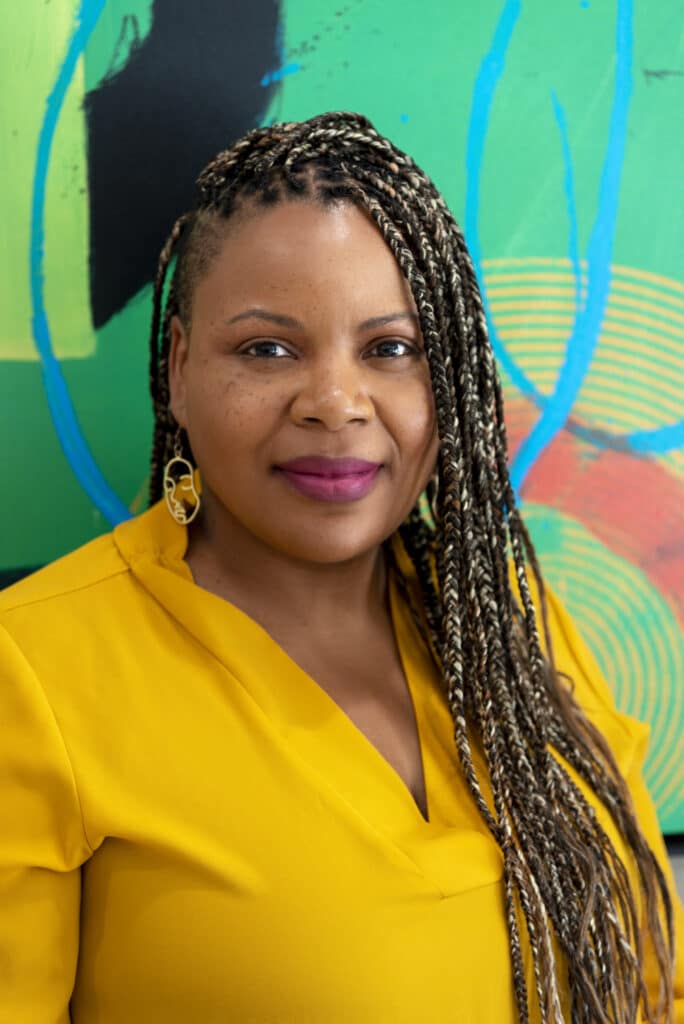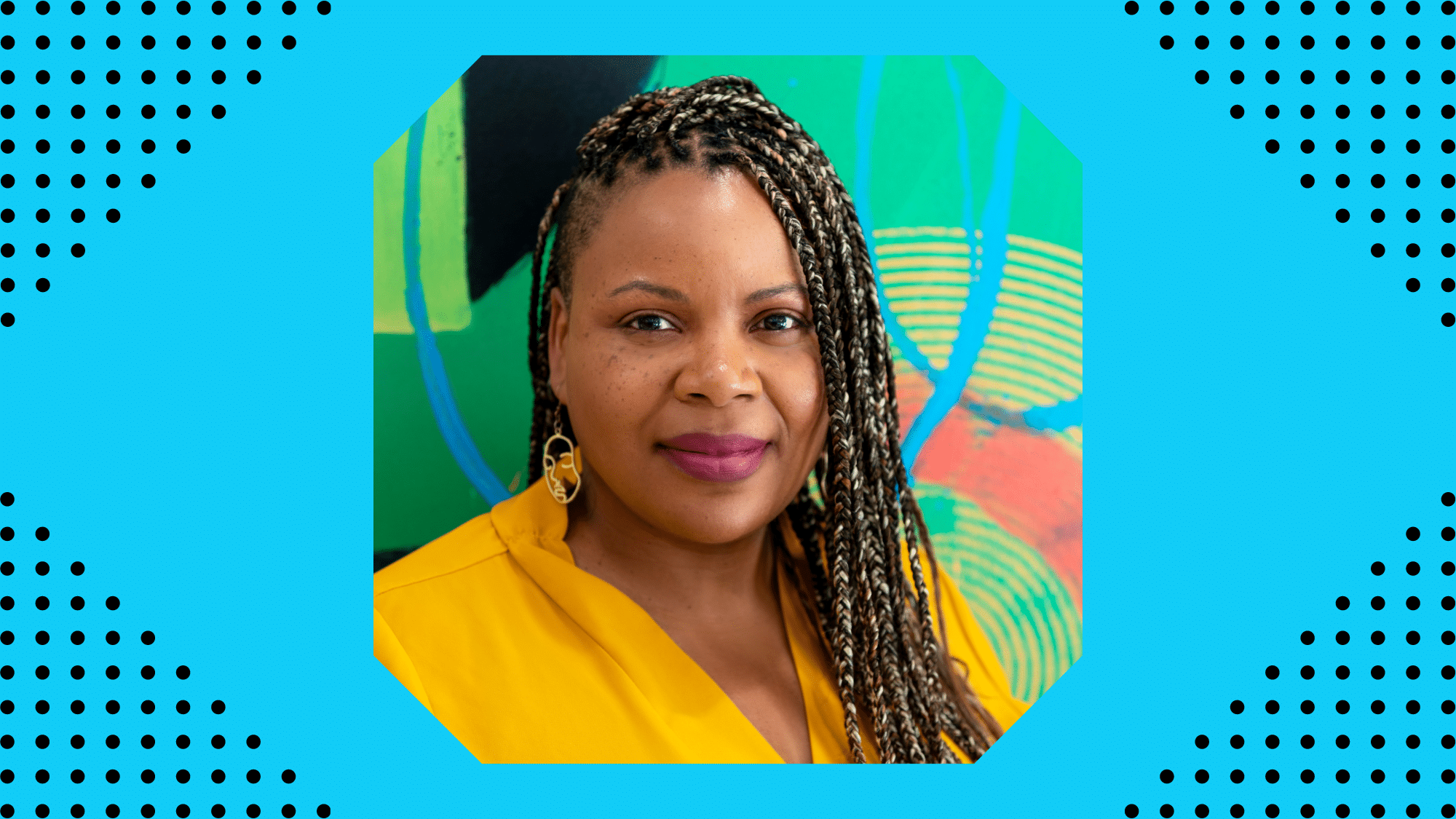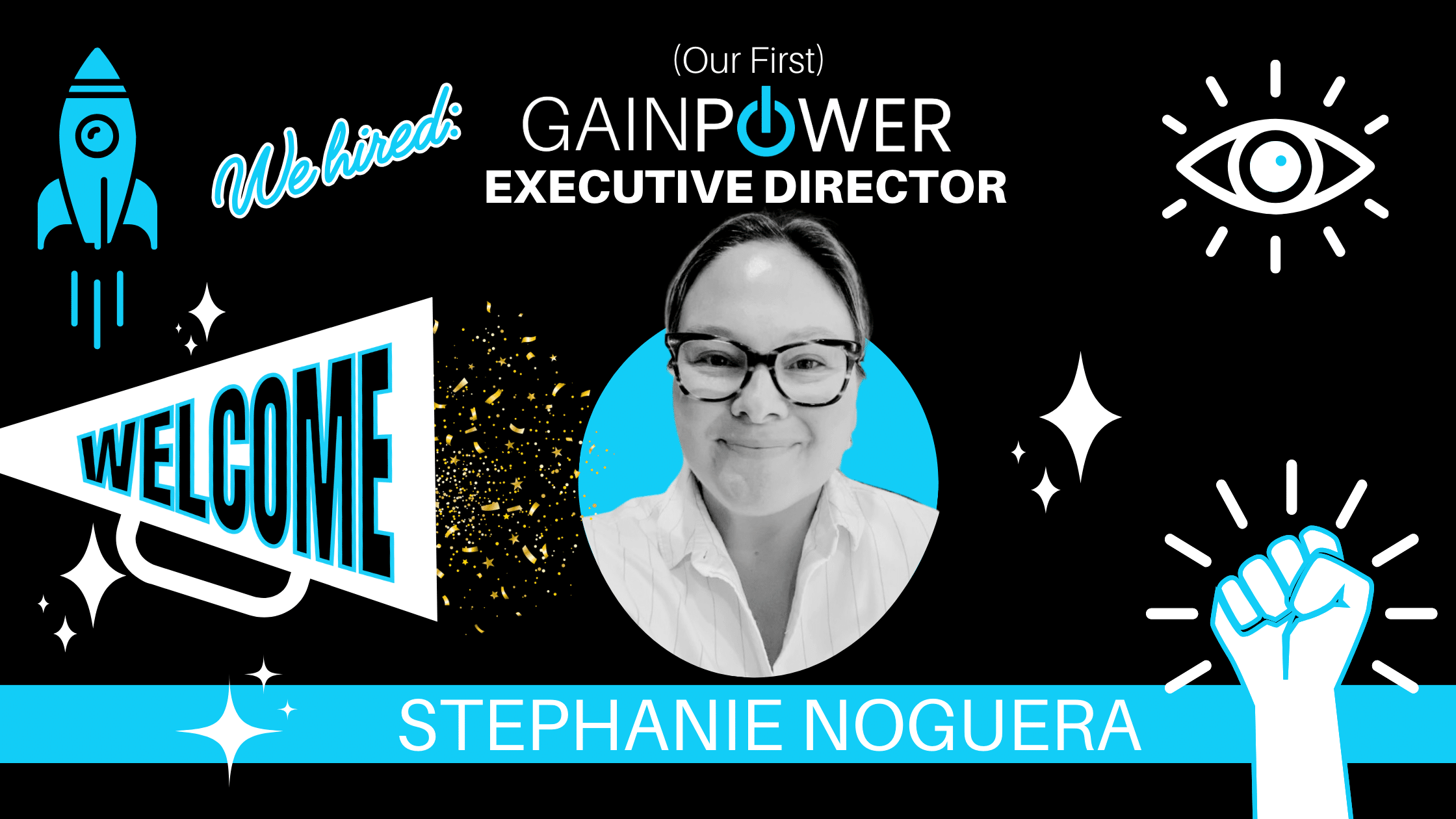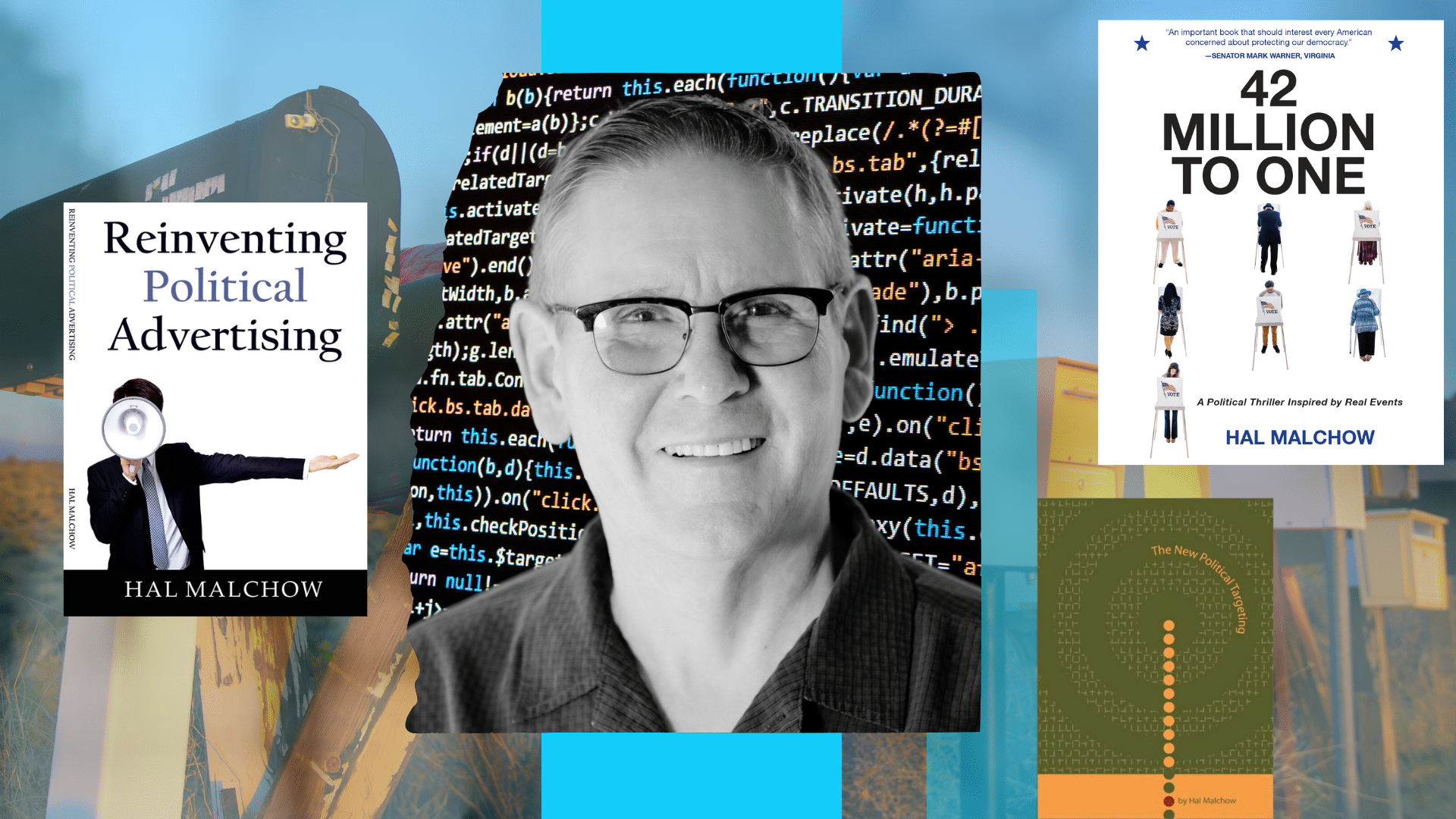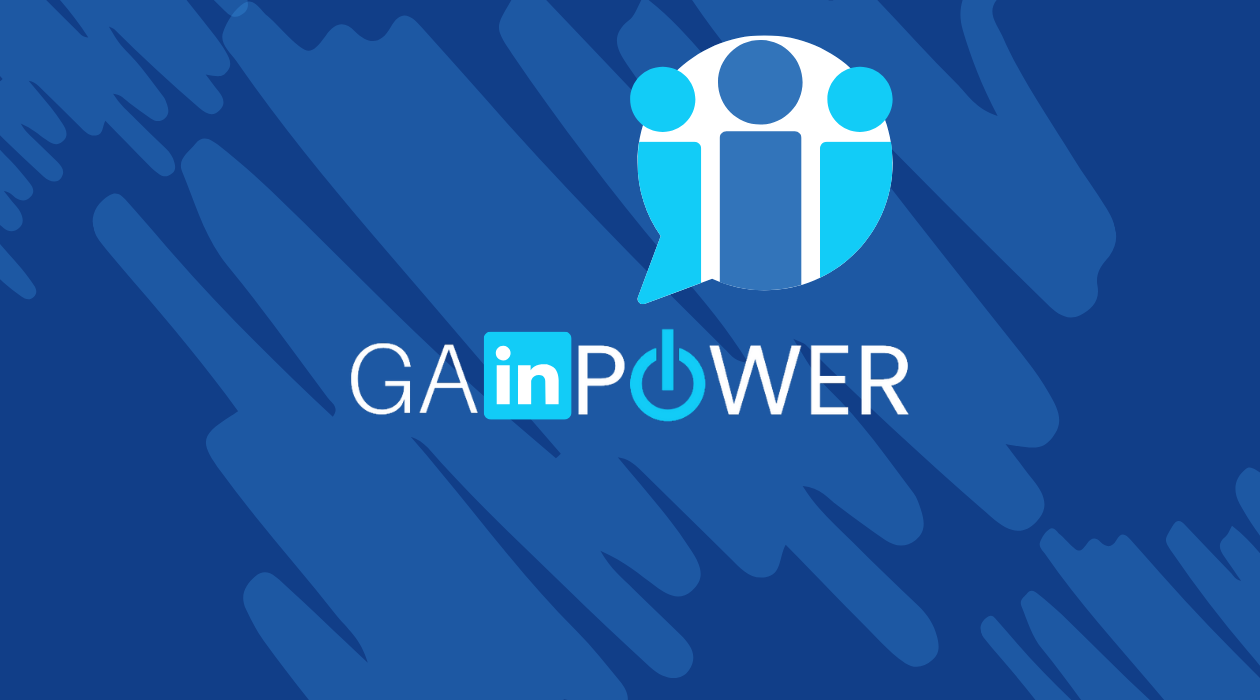GAIN Power’s Spotlight Series is back! Our first spotlight of 2023 is Katrina Gamble, the Founder and CEO of Sojourn Strategies.
Can you give a brief background and introduction about yourself?
KG: I have lived in Washington, DC for almost 12 years, but grew up in Phoenix, Arizona. I am a political scientist by training; I got my PhD in political science and did a bunch of things; I did research, I was a professor for a while, and teaching things around race, movement, and organizing.
As some who grew up in a working class family in Arizona, teaching was great, but it wasn’t having the direct impact in the way that I wanted it to, especially for people that I care about in my family. So, I left academia to do more direct advocacy work. I worked for a national social justice organization for a number of years before I started my own firm Sojourn in 2016.
What does your day-to-day work look like?
KG: Every day is different for me. I’m a small business owner, and a small business owner of a social impact consulting firm, so we work with a lot of different types of clients. Some clients have us working on direct legislative advocacy campaigns, while others we conduct and design research.
Why did you choose to go off and start your own firm?
KG: I had been working as a political director for a national social justice organization for about five years, and I really love that work. I got to work with a lot of state-based organizations across the country that we’re doing like direct organizing work and civic engagement. I also helped them launch a voting rights and pro-democracy program, which I’m really passionate about. When Mike Brown was murdered in Ferguson, at that time I was still working for the organization that I was at, and we had a state-based partner that was based in Missouri, and they basically reached out. And it’s like, “We need support. We need people to come and be helpful,” and so I went.
There were a lot of movement organizers that were in Ferguson at that time, and I became a part of that space where folks were organizing and figuring out ways to be helpful. And I was there for 5 or 6 days, and went back at other critical moments during this particular movement, and it was a part of some of the early meetings that established the movement for Black lives around that same time. It was going into these critical electoral years that I was looking for work that I thought was sitting at the intersection of both politics and movement.
How does your work impact the political climate we live in?
KG: One aspect of work we do is focused on voting rights and democracy; like working to pass legislation that makes voting more accessible or working with clients to do research to understand ways in which we can strengthen our democracy, or the infrastructure of organizations that are working to strengthen our democracy. And I think fundamentally at this moment, moving policies or programs or projects that increase civic participation is incredibly useful. With some of the threats around democracy or increased political violence, having a much broader swath of people who are engaged and participating is helpful.
The other thing is that we really–especially on a lot of the research that we advise on or design–are intentional about making sure that we are almost disrupters of the status quo in terms of how we think about politics, who we talk to, whose voices are centered, which communities we really want to dig into and understand the nuances and intersections. I think a lot has changed, and it’s starting to shift, but it’s not quite there. I think a lot of times how we think about and do our research is very narrow in how and who we center. We’re asking people questions based on what we think the right questions are, instead of making space to understand from their perspective what the right questions might be.
What made you want to get involved in politics?
KG: I’ve always valued the importance of politics and civic engagement because it was just something that was so centered in my family.My grandmother was a poll worker, so voting was always important in my family. And as a Black family growing up in Arizona, we were always going to marches and community events, so it just kind of stuck as an adult.
What has been the most surprising thing you’ve learned since getting involved in politics?
KG: We often talk about politics in the United States in a very individualistic way where we try to convince people who they should vote for, or why they should vote, or why they should get engaged because of something that’s based on their own self-interest. What I’ve found, and research that I’ve been doing more recently has found, is that for many people and communities, politics is not individualistic. It is about the community; they think more broadly about how their vote might impact their community, how it’ll impact their family. And I do think that we don’t spend enough time in progressive politics understanding how we build a sense of community, connection, and belonging in our politics.
What are some of the toughest challenges you’ve had at work?
KG: Even though it might be reflected in people’s values or missions, being able to show up as your whole self is tough. I definitely encountered this in previous jobs and careers. Early in my career, I was often in spaces where I was the only Black woman, or the the only Black person, or like one of two women in the room, and the pressure of having to be the one to push on things that we all should be aligned on in terms of centering those most marginalized. You are constantly having to be the disruptor, and holding the responsibility of pushing other in the space to meet their values with their actions.
What advice do you have for young professionals looking to get involved in politics?
KG: Your perspective is needed. We need more people who have different life experiences in our work, doing the work and leading the work. Also, trust yourself.
Lastly, for fun, if you could do another job for just one day, what would it be?
KG: I would love to travel and be like a food critic, like Anthony Bourdain.
